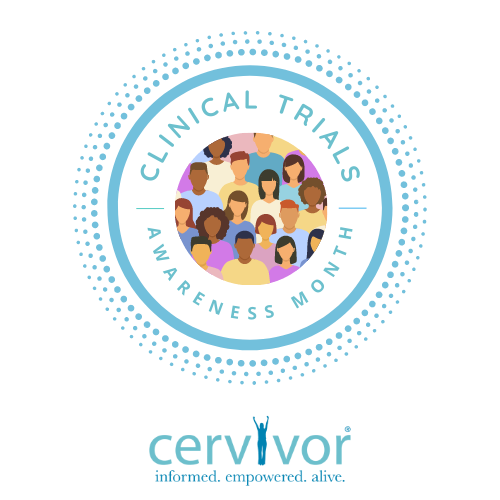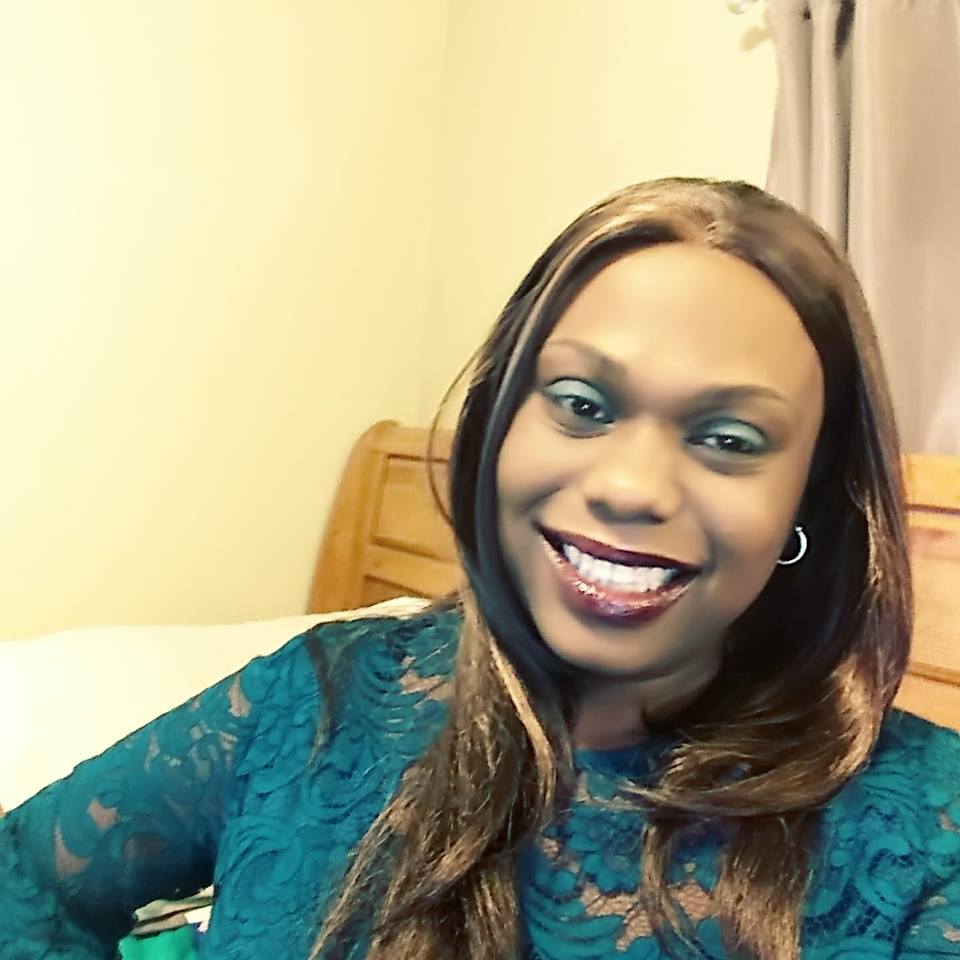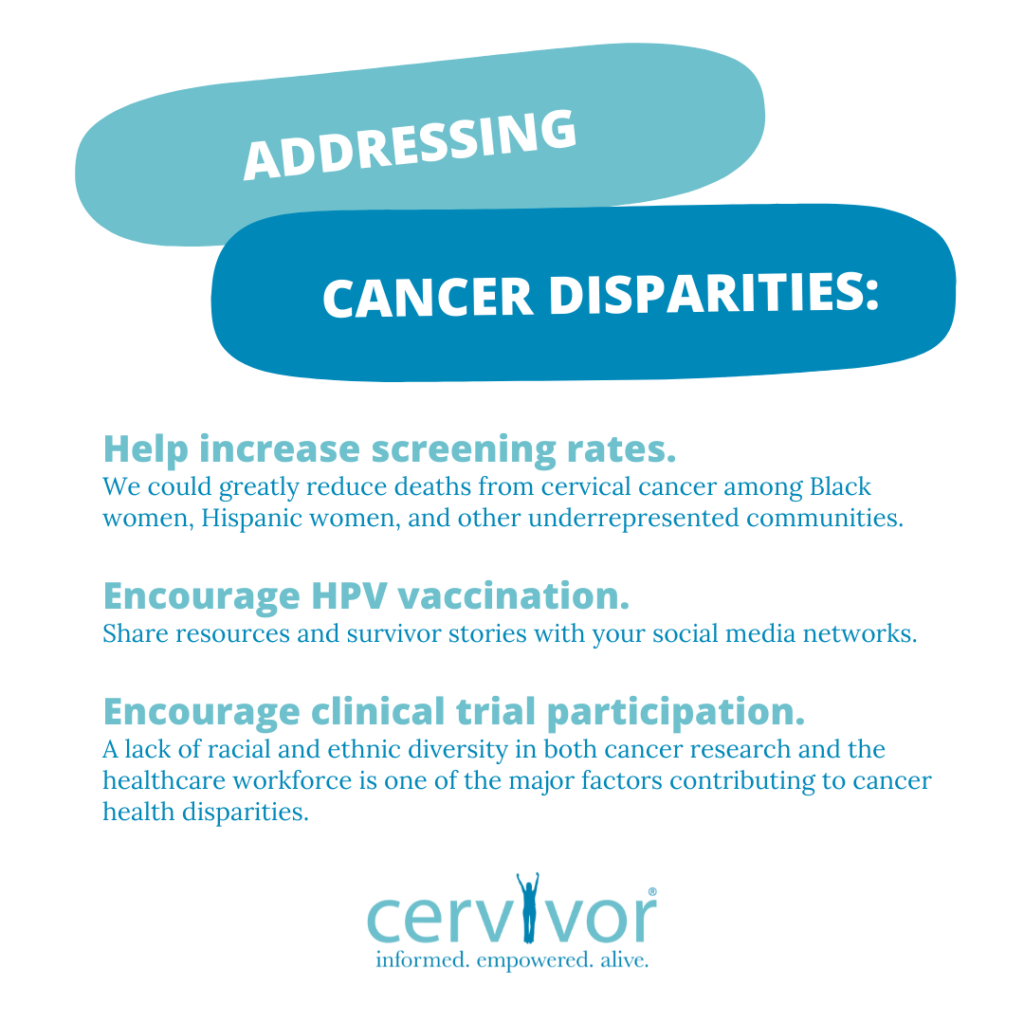Two years ago, my husband and I received the devastating news that I had been diagnosed with cervical cancer. At the time, the mere mention of the word “cancer” was enough to send us into a state of panic. To cope with the fear and uncertainty, we came up with a unique way of talking about my diagnosis: we referred to it as “a pudding.”

This simple act of renaming the disease allowed us to talk about it more openly, without being overwhelmed by fear. We could discuss my treatments, prognosis, and how we were feeling without feeling like the weight of the world was on our shoulders. I used this little cute pudding emoji when I texted someone about it, and encouraged some of my close friends to do the same.
As the months went by, we faced numerous challenges and struggles, from painful treatments to emotional turmoil. But with the support of family, friends, and a dedicated medical team, we slowly but surely found the strength to keep fighting. Over time, our outlook on life changed as we learned to embrace each day and live in the moment.
Fast-forward two years, one of my friends texted me saying “how is your pudding?”, and this was when I realized that the word “pudding” is no longer a part of our vocabulary; we can now say “cancer” without fear or hesitation. My husband didn’t even remember the fact that we used to call it a pudding. This represents a major shift in our mindset and how we perceive the disease. We have learned to accept the reality of my diagnosis and move forward with it. We have come to understand that cancer is just a word, and it does not define who we are or what our future holds, although I also feel like cancer is now a big part of my life in both good and bad ways.
This journey has been incredibly difficult, but it has also taught us so much about ourselves and life. We have learned that it’s okay to be afraid, and it’s also important to face our fears and embrace the journey. By being open and honest about our experiences, we hope to inspire others who may be going through a similar situation and help them overcome their fears and pains.
In conclusion, our journey from “pudding” to acceptance has been a powerful reminder that we are strong, bonded and we get through difficulties together. By embracing the reality of my diagnosis and focusing on one thing at a time, we have found the strength and resilience to overcome the difficult situation and move forward with hope. I am currently facing issues with my body due to side effects from cancer treatments, and those sometimes make me feel like I am mentally not well, but one thing we know is I will feel better again. We will get through this. I am now much more confident and have more faith in myself.
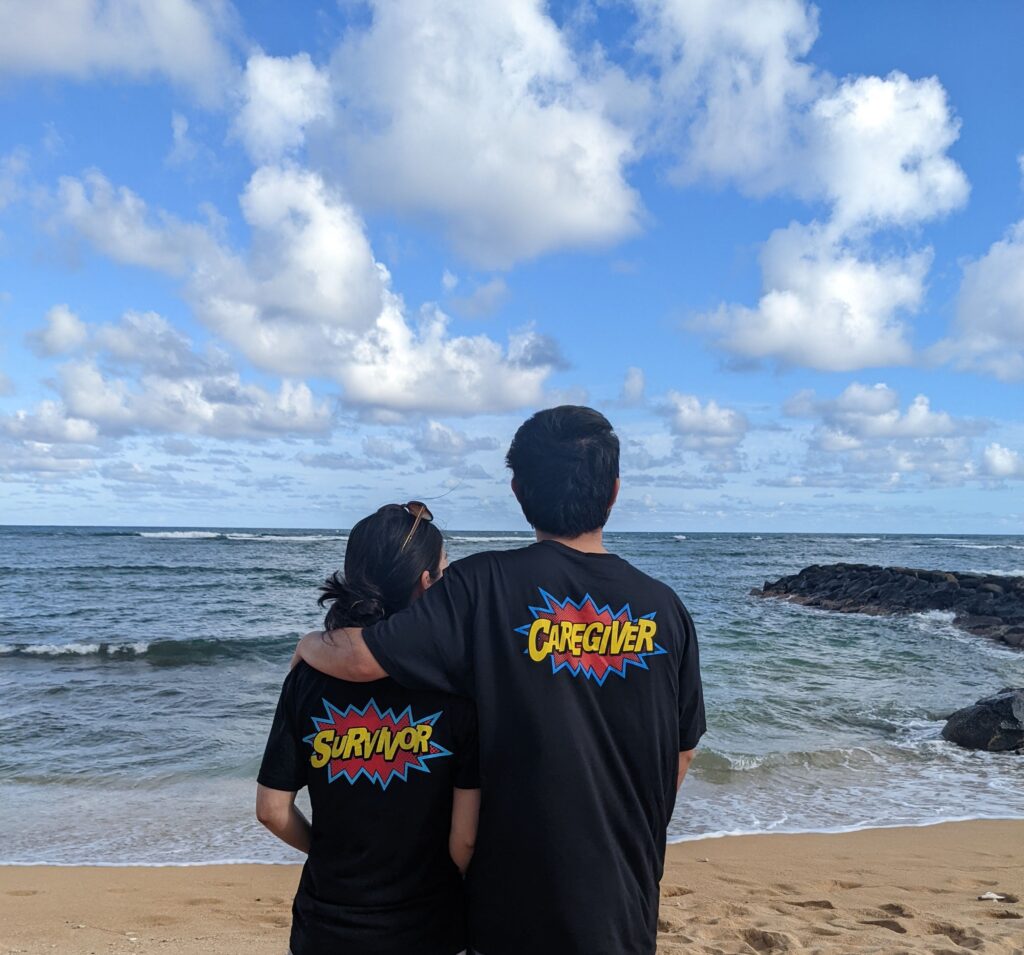
Looking back over the past two years, time and patience were the most important things in this process of moving forward. In my darkest moments, I turned to a support group of fellow cancer survivors, Cervivor, who provided me with comfort, encouragement, and a sense of community. I am amazed by the resilience of these individuals, who have gone through similar experiences and come out on the other side. Their stories gave us the courage to keep moving forward, even on our toughest days. This is why I am writing this blog post, hoping to give a ray of hope for anyone who is currently suffering. I will continue to tell my story as a way to inspire others and to remind you that you are not alone.
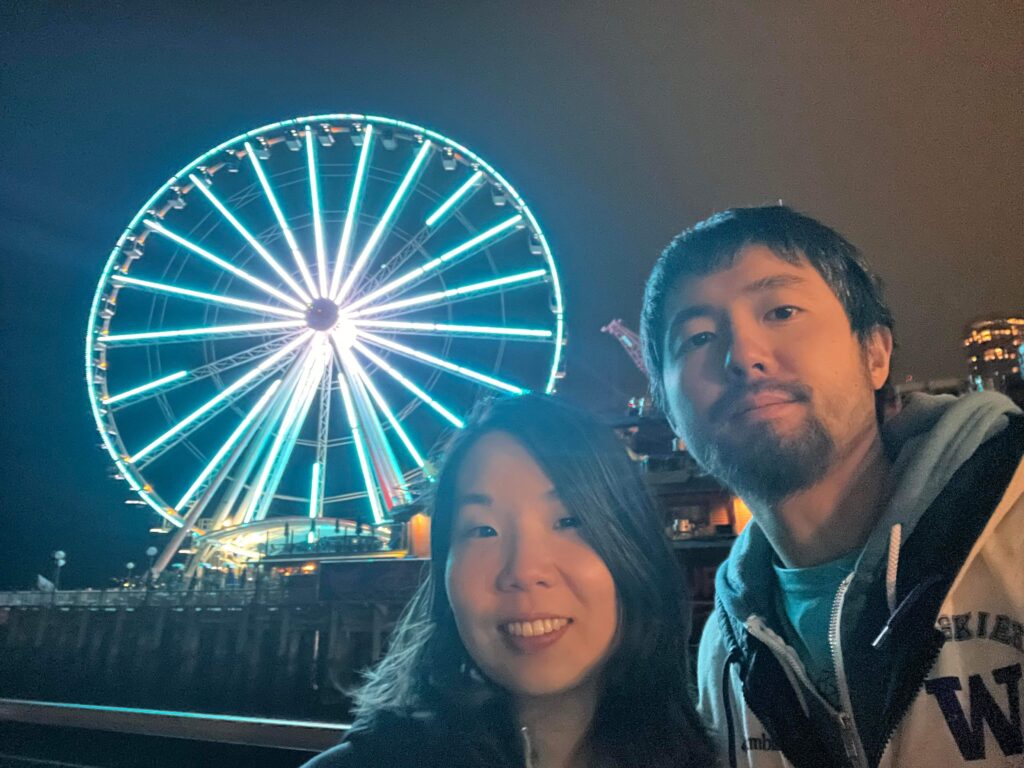
Anna was born and raised in Japan and came to the U.S. in 2015. After she survived cervical cancer in 2021, she became a Cervivor School graduate in 2022. She is a business development professional working for a Japanese corporation. She currently lives in Washington state with her husband and their fur babies. In her spare time, she enjoys gardening, cooking and watching shows & movies. She is passionate about fostering dogs to give them a second chance.
